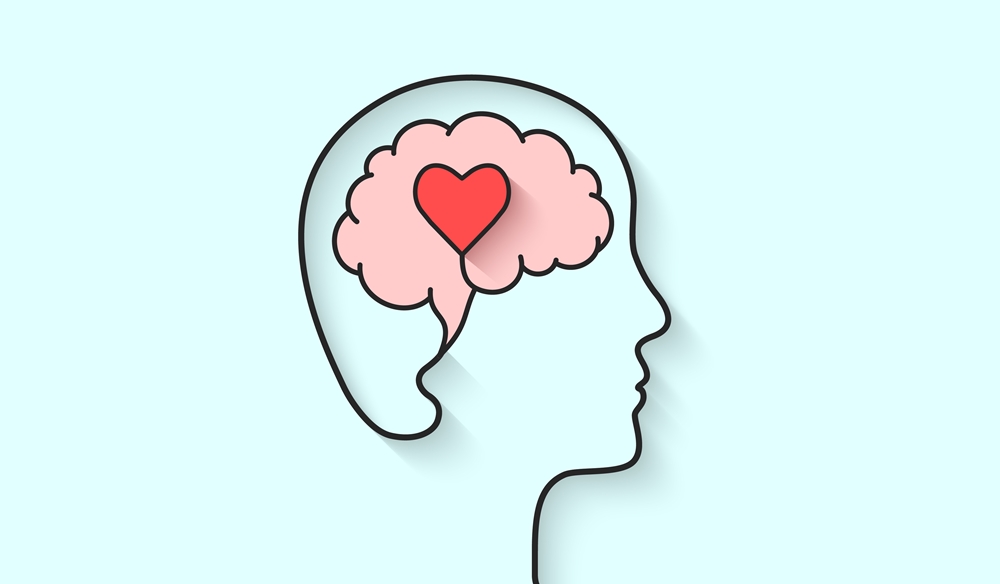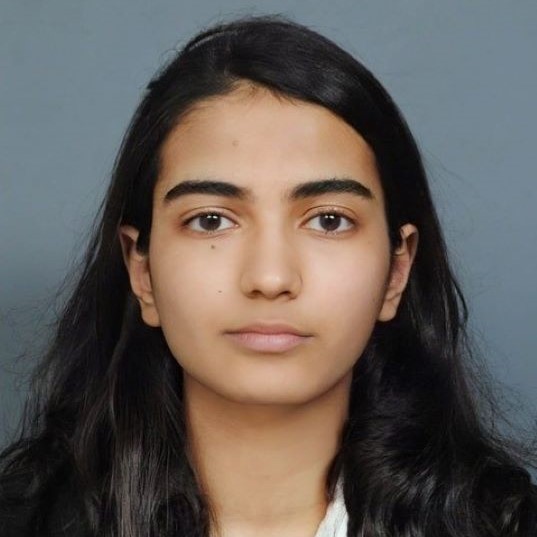
Legislation on Mental Healthcare in India has Evolved But Implementation Remains an Issue
An Overview of Maharashtra's Implementation of the Mental Healthcare Act, 2017
Mental healthcare in Maharashtra and other states in India is governed by the Mental Healthcare Act, 2017 (MHA). It was enacted after India ratified the United Nations Convention on Rights of Persons with Disabilities, 2006. MHA, 2017 replaced the Mental Healthcare Act, 1987, which did not provide for rights of mentally ill persons and instead prioritised institutionalisation of mentally ill persons. The 1987 Act also necessitated stringent and arbitrary licensing requirements for psychiatrists.
MHA, 2017 – a progressive legislation with implementation hurdles
MHA, 2017, emphasises the rights of mentally ill persons. Its preamble states that it is “An Act to provide for mental healthcare and services for persons with mental illness and to protect, promote and fulfil the rights of such persons during delivery of mental healthcare and services and for matters connected therewith or incidental thereto.”
MHA, 2017 decriminalises attempts to commit suicide and prohibits inhumane forms of treatment. It also empowers persons with mentally illnesses (PMIs) to decide the mode and method of their treatment, provided that they can comprehend the information provided to them. Additionally, it creates a smoother process for registration of mental health care institutions and psychiatrists and ensures their supervision through the establishment of Mental Health Authorities and Mental Health Review Boards.
Importantly, MHA, 2017 recognises that all individuals have a right to mental healthcare by requiring states to treat mental illnesses at par with physical illnesses and ensuring that every person can access mental health services at government institutions. Section 18 (2) of MHA states that mental healthcare services shall be of “affordable cost, of good quality, available in sufficient quantity, accessible geographically, without discrimination on the basis of gender, sex, sexual orientation, religion, culture, caste, social or political beliefs, class, disability or any other basis and provided in a manner that is acceptable to persons with mental illness and their families and care-givers.”
However, implementation of MHA across states has not been uniform, with only a few states creating rules under the 2017 Act and constituting the authorities. While Maharashtra drafted its rules in 2018, it is yet to publish and notify them. Moreover, in recent years, the Supreme Court and Bombay High Court addressed the state’s poor infrastructure for mental health and requested compliance with the Act.
Provisions of MHA 2017 that need to be implemented in Maharashtra
- Provisions of half-way homes: Section 18(2)(b) of MHA, 2017 requires that state governments provide halfway homes and sheltered accommodation for PMIs. Halfway homes are establishments for those PMIs that have been discharged from the hospital but require some care and rehabilitation before they can live without supervision and support. Such provisions of care and rehabilitation form a part of the definition of ‘mental healthcare’ under Section 2(o) of MHA 2017. However, a Supreme Court order in 2021 noted that such halfway homes had not been established in Maharashtra. Instead, 186 PMIs had been housed in beggar homes, homes for women and old age homes which had resulted in the death of three.
- Provisions of mental health institutions and practitioners: Until 2014, Maharashtra had only four mental healthcare institutions and has only recently provisioned a new institute in Jalna. Further, incidences of acute staff shortages were reported at the existing institutes as well. The MHA, 2017 under section 18 requires that the state provide easily accessible mental healthcare, in the absence of which state authorities have to provide compensation for the hardship caused to PMIs while accessing mental healthcare.
- Provisions for mental healthcare in prisons: Prisoners are at a higher risk of having mental illnesses and the Model Prison Manual, 2016 provides that one counsellor should be available for every 500 inmates. Alongside, Section 103 of the MHA, 2017 also provides for the care, treatment and counselling of prisoners. However, such provisions are seldom complied with in prisons. In Maharashtra, a Bombay High Court order in 2020 addressed the lack of facilities and awareness of mental health in state prisons. The order also discussed the absence of published and notified state rules under MHA, 2017 and requested that mental health interventions should be provided for prisoners whenever required. In practice, given the shortage of counsellors for posting in prisons, the proposed interventions continue to remain unimplemented.
- Creation of mental health review boards: Mental health review boards are tasked with the responsibility of ensuring that mental health care services of good quality are accessible and that violations of the MHA, 2017 are resolved. Despite Maharashtra stating that eight mental health review boards would be provided across the state, till date only Karnataka has established mental health review boards in India.
Way forward
The ineffective implementation of MHA denies the state’s population of the remedies that it intended to provide. Recently, in a report by The Lancet, Maharashtra was highlighted as one of the states with higher incidences of anxiety and depressive disorders. Therefore, the State must consider the following suggestions to ensure effective and speedier implementation of the MHA, 2017, and provide mental necessary healthcare services for its population:
- Implementation of District Mental Health Programme(s) to create a community-based work force: The District Mental Health Programme (DMHP) envisages community-based mental health intervention in the absence of psychiatrists or trained mental health professionals. It provides funds for increasing the workforce of mental health professionals in the community by ensuring that existing community workers and health professionals are additionally trained to provide mental health interventions. This has also been supported by the World Health Organisation in its ‘Guidance on community mental health services: promoting person-centred and rights-based approaches’. Maharashtra has used the DMPH to address the suicides of farmers in the Vidarbha region by empowering community workers in the district. The same measures can be scaled to provide such interventions in places like prisons, which have a greater requirement for mental healthcare.
- Notification of state rules under the MHA: While the rules have not been published yet, it is anticipated that their notification will ensure the establishment of Mental Health Review Boards. Since Mental Health Review Boards ensure the provision of mental health services and provide redressal mechanisms, their establishment will preventblatant violations of the MHA, 2017, including the mistreatment of PMIs, ensuring their right to appropriate rehabilitation. Therefore, the state rules under the MHA must be notified without further delay.
All views are personal.
